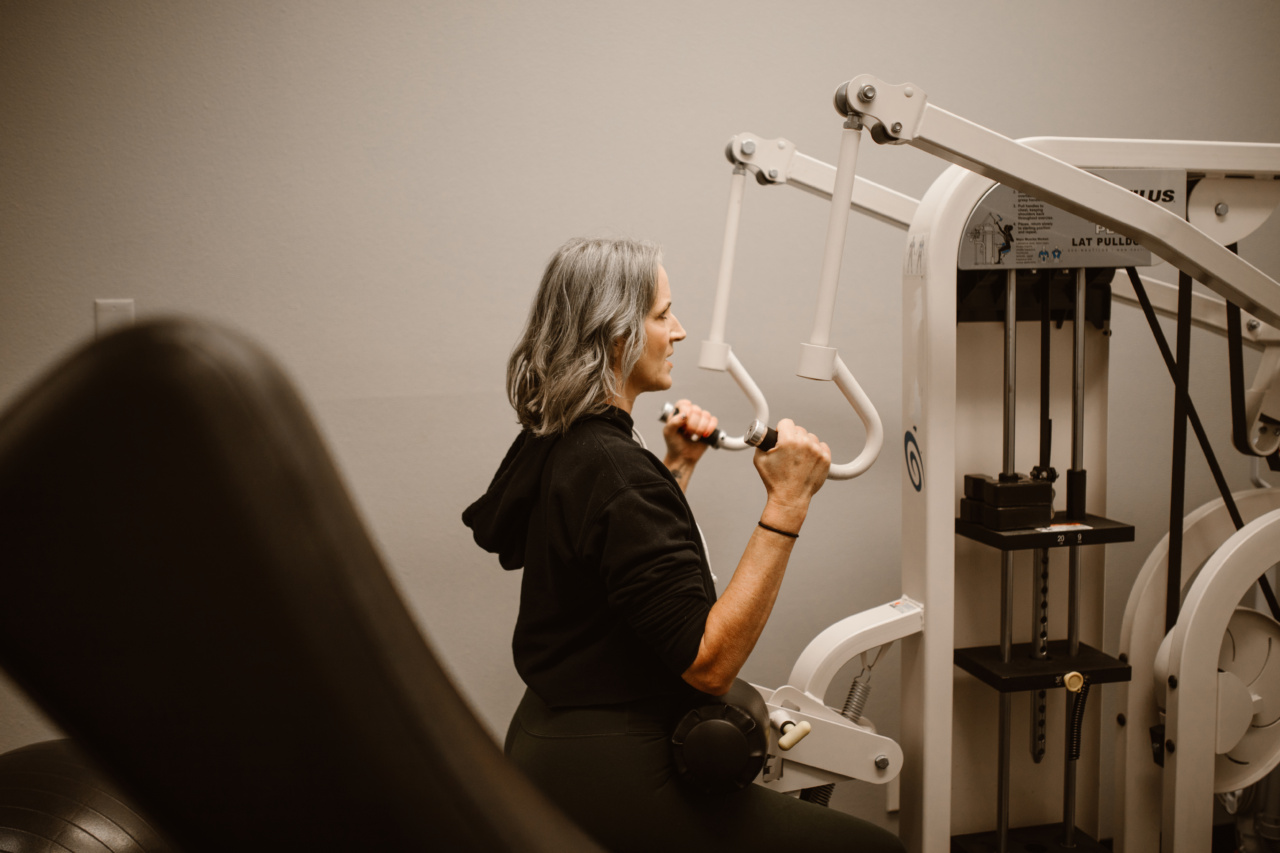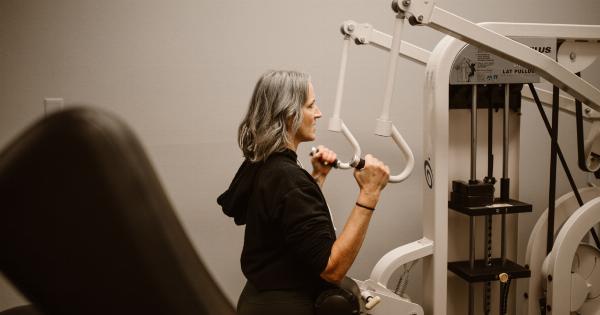Menopause is a natural biological process that every woman goes through as she reaches a certain age. During this time, the ovaries cease to function, causing a decline in hormone levels.
This hormonal imbalance can lead to a variety of uncomfortable symptoms such as hot flashes, night sweats, mood swings, weight gain, and sleep disturbances. While hormone replacement therapy (HRT) is commonly prescribed to alleviate these symptoms, many women are seeking natural alternatives to manage menopause without hormones.
In this article, we will explore ten natural ways to effectively manage menopausal symptoms without the use of hormones.
1. Lifestyle Modifications
Adopting a healthy lifestyle can significantly reduce the severity of menopausal symptoms. Regular physical exercise, such as walking, swimming, or yoga, promotes better overall health and helps manage weight gain associated with menopause.
Additionally, avoiding triggers such as spicy foods, caffeine, and alcohol can alleviate hot flashes and night sweats.
2. Herbal Remedies
Various herbal supplements have been used for centuries to manage menopause symptoms.
Black cohosh, dong quai, and red clover are known for their hormone-regulating properties and are considered effective in reducing hot flashes, night sweats, and vaginal dryness. However, it’s important to consult with a healthcare professional before starting any herbal remedies to ensure they won’t interfere with any existing medical conditions or medications.
3. Acupuncture
Acupuncture is an ancient Chinese practice that involves inserting thin needles into specific points on the body to stimulate energy flow.
Many women find that acupuncture treatments can effectively reduce hot flashes, insomnia, and mood swings associated with menopause. Regular sessions with a qualified acupuncture practitioner can provide relief and promote overall well-being.
4. Stress Management
Stress can exacerbate menopausal symptoms, so developing effective stress management techniques is crucial.
Engaging in activities such as yoga, meditation, deep breathing exercises, or tai chi can help reduce stress levels and promote emotional well-being during menopause.
5. Balanced Diet
A well-balanced diet is essential for managing menopause symptoms. Including plenty of fresh fruits, vegetables, whole grains, and lean proteins helps support overall health and minimize weight gain.
Additionally, foods rich in phytoestrogens, such as soy products, flaxseeds, and legumes, may help alleviate hot flashes and aid in hormonal regulation.
6. Vitamin and Mineral Supplements
Ensuring adequate intake of essential vitamins and minerals is crucial during menopause. Calcium and vitamin D are particularly important for maintaining bone health and preventing osteoporosis, a condition that becomes more prevalent after menopause.
Additionally, omega-3 fatty acids, found in fish oil or flaxseed oil supplements, can help reduce inflammation and improve overall well-being.
7. Regular Sleep Patterns
Sleep disturbances, such as insomnia or night sweats, are common during menopause. Establishing regular sleep patterns can significantly improve sleep quality.
Creating a relaxing bedtime routine, maintaining a comfortable sleep environment, and avoiding stimulating activities or screens before bed can promote better sleep and reduce nighttime awakenings.
8. Supportive Undergarments
Investing in supportive undergarments, such as well-fitting bras or moisture-wicking underwear, can help manage discomfort caused by breast tenderness or vaginal dryness during menopause.
These undergarments offer proper support and moisture control, contributing to overall comfort and well-being.
9. Mind-Body Practices
Mind-body practices, such as mindfulness-based stress reduction (MBSR), can effectively reduce the frequency and intensity of menopausal symptoms.
MBSR techniques combine meditation, breathing exercises, and self-awareness to increase resilience and promote emotional well-being during the menopausal transition.
10. Education and Support
Seeking education and support about menopause can significantly improve a woman’s experience during this phase of life.
Joining support groups, attending menopause workshops, or discussing concerns with healthcare professionals can provide valuable information, emotional support, and practical strategies for managing menopause without the use of hormones.





























